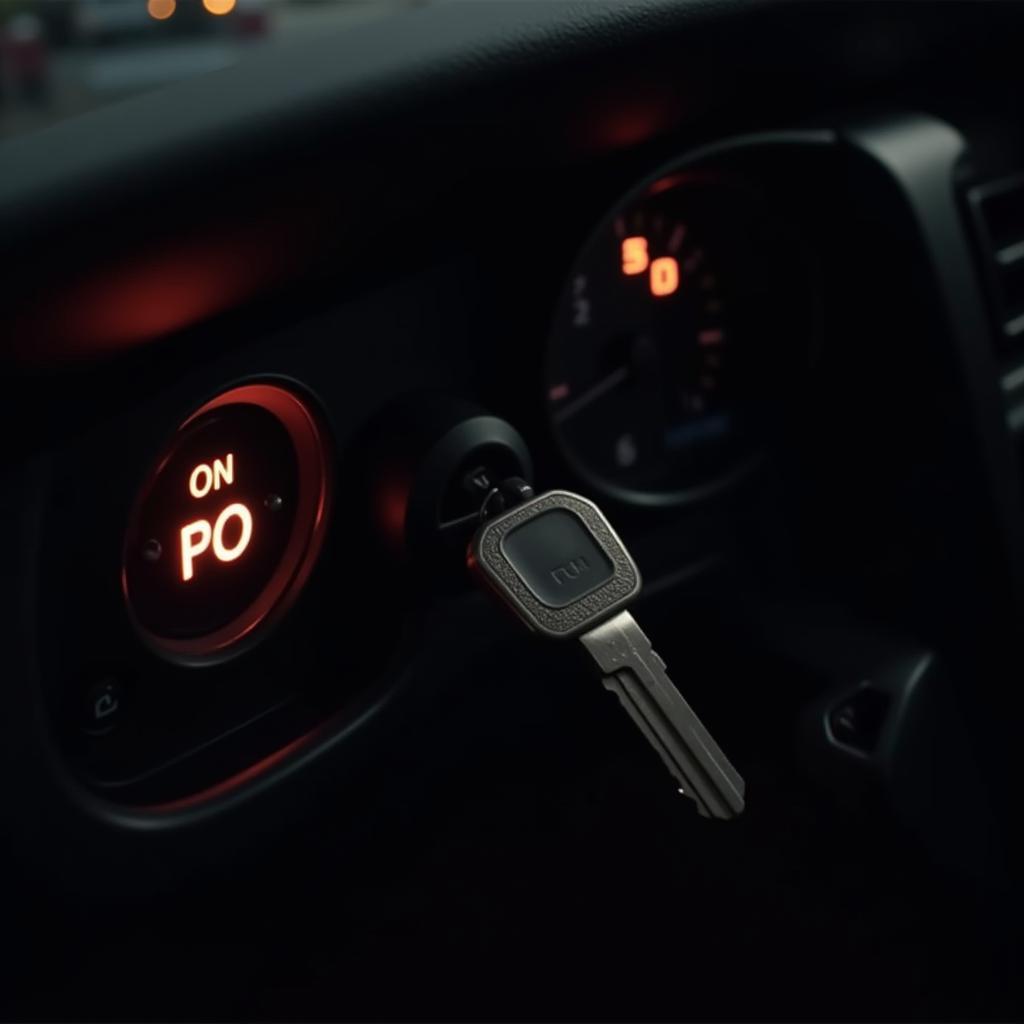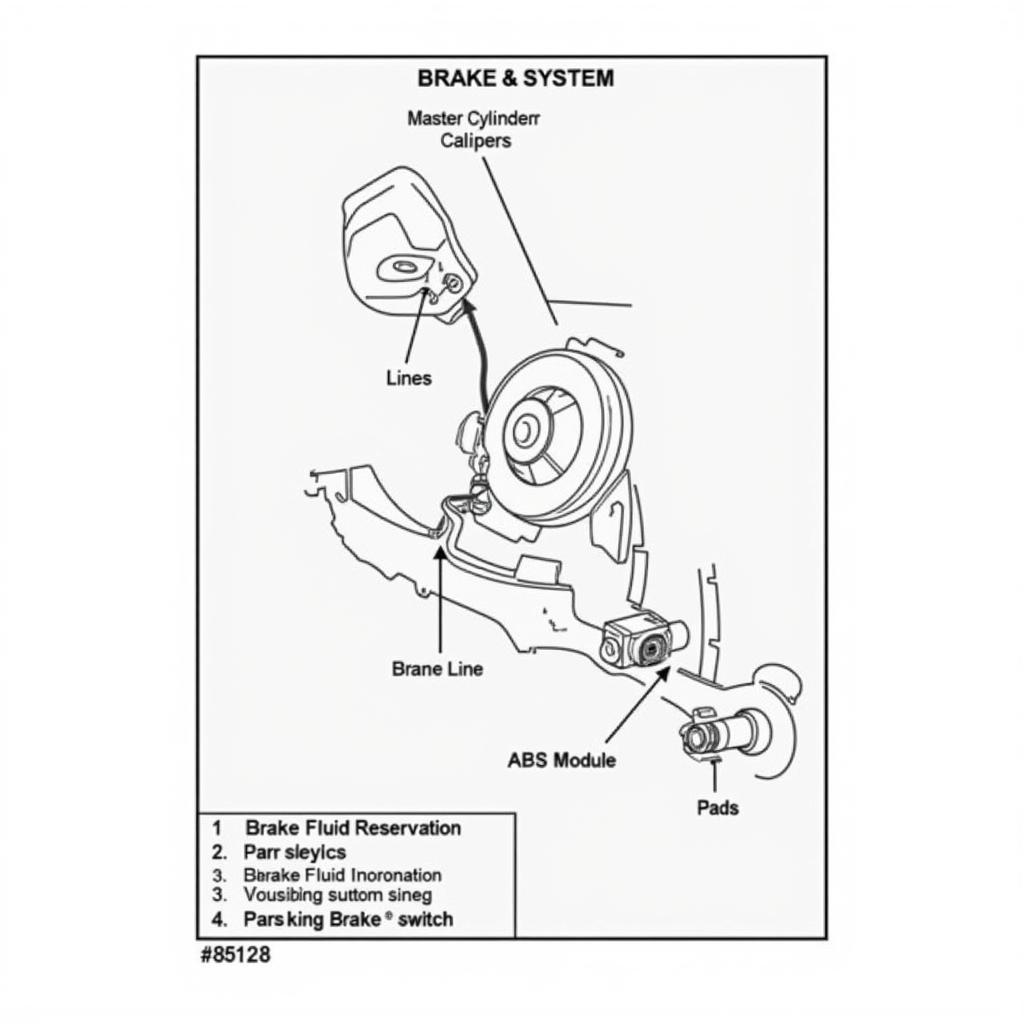Your car won’t start, but the battery seems fine? This is a frustratingly common problem, and it can be caused by a number of different issues. This article will guide you through the most likely culprits and help you get back on the road. We’ll explore everything from simple checks you can do yourself to more complex issues that may require professional help.
 Car not starting despite a good battery
Car not starting despite a good battery
One of the first things to check is your signs of failing battery. Even if your battery appears to have charge, it may not be providing enough power to crank the engine. This can be due to sulfation, internal damage, or simply old age. Try jump-starting your car. If the engine starts, this points towards a battery issue, even if it seems charged.
Common Reasons for a Car Not Starting With a Good Battery
Several factors can prevent your car from starting, even with a seemingly good battery. Here are a few of the most common causes:
Starter Motor Issues
The starter motor is responsible for cranking the engine to life. If it’s malfunctioning, the engine won’t turn over. A clicking sound when you turn the key is a classic symptom of a failing starter.
Faulty Ignition System
The ignition system provides the spark that ignites the fuel in the engine. Issues with the ignition switch, coil, or spark plugs can prevent the engine from starting.
Fuel System Problems
If the engine isn’t getting fuel, it won’t start. A clogged fuel filter, faulty fuel pump, or a problem with the fuel injectors can all prevent fuel from reaching the engine.
Anti-Theft System Malfunction
Modern cars have sophisticated anti-theft systems that can sometimes prevent the engine from starting if there’s a malfunction. This can manifest in various ways, including the engine not turning over or starting briefly then cutting out. Learn more about what is anti theft transfer. If you suspect this, consulting a professional may be necessary.
Troubleshooting Steps for a Car That Won’t Start
Check the Battery Terminals
Make sure the battery terminals are clean and tightly connected. Corrosion can disrupt the electrical connection.
Test the Starter
You can test the starter by having someone turn the key while you tap on the starter motor with a hammer. If the engine starts, the starter solenoid is likely faulty. For further troubleshooting, see if your experience aligns with information on car will not start battery good.
Inspect the Ignition System
Check the ignition switch, coil, and spark plugs for any signs of damage or wear.
Examine the Fuel System
Listen for the fuel pump when you turn the key to the “on” position. If you don’t hear it, the fuel pump may be faulty.
When to Seek Professional Help
If you’ve tried these steps and your car still won’t start, it’s time to consult a qualified mechanic. They have the tools and expertise to diagnose and fix the problem effectively.
“Often, the issue lies not with the battery itself, but with a related system like the starter or alternator,” says John Smith, ASE Certified Master Technician. “A thorough diagnostic check is crucial to pinpoint the exact cause.”
Conclusion
A car not starting but with a battery that isn’t dead can be due to various reasons, ranging from a simple loose connection to a more complex issue with the starter, ignition, or fuel system. By following the troubleshooting steps outlined above, you can often identify the problem and take appropriate action. However, don’t hesitate to seek professional help if you’re unsure or the problem persists. Remembering to check for increased battery discharge mini cooper can also be helpful. If your car is a Chevy Malibu and you suspect the anti-theft system, you can try to reset anti theft system 2005 chevy malibu. Getting your car started quickly and safely is crucial, so don’t delay in addressing the issue.

